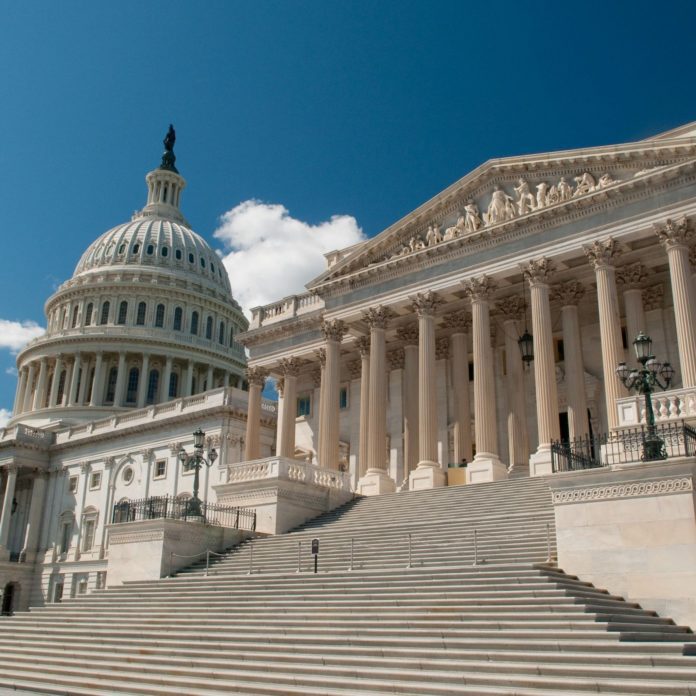The Senate has released a $1.7 trillion fiscal year 2023 omnibus appropriations bill, but it does not include long-term auction authority reauthorization for the Federal Communications Commission.
Instead, the bill, which will fund the federal government for the coming year, gives the FCC an additional three months of auction authority, through March 9, 2023—essentially giving Congress a few more months to work out where to go from here.
Government funding is set to expire as of Friday evening, so the bill is on a tight timeline for approval in order to avert a government shutdown.
The FCC’s authority to auction U.S. airwaves was established in 1993 and has been extended by Congress several times, most recently for a ten-year period that began in 2012, according to a Congressional research report. That authority was set to expire in September of this year, but was extended by continuing resolutions into mid-December.
The reauthorization of the FCC’s auction authority is being tied to the development of a future spectrum pipeline—and spectrum is harder to come by, making those discussions more difficult and complex, although a number of options have been floated. In July of this year, the House passed the Spectrum Innovation Act of 2022, which extended the FCC’s spectrum auction authority until March 31, 2024 and required it to auction additional midband spectrum at 3.1-3.45 GHz band, as well as allocating auction revenues to fund 911 improvements and the Secure and Trusted Communications Network Reimbursement Program.
In addition to the three-month extension of FCC auction authority, the omnibus bill lays out a number of investments related to telecom and tech, including:
-$1.65 billion for the National Institute of Standards and Technology (NIST), an increase of 34% above the previous year, to support research in areas that include artificial intelligence, quantum information science, and cybersecurity, as well as support for partnerships that increase the effectiveness of domestic manufacturing.
-$1.8 billion in new funding to implement the bipartisan CHIPS and Science Act of 2022, including $980 million in supplemental funding to “help jumpstart the initiative.”
-$9.9 billion for the National Science Foundation, which would see its largest dollar-increase of all time and the largest percentage increase in more than two decades. That includes funding to help implement the CHIPS Act, plus funding of $1.37 billion for “education and training programs to build tomorrow’s innovation workforce.”

